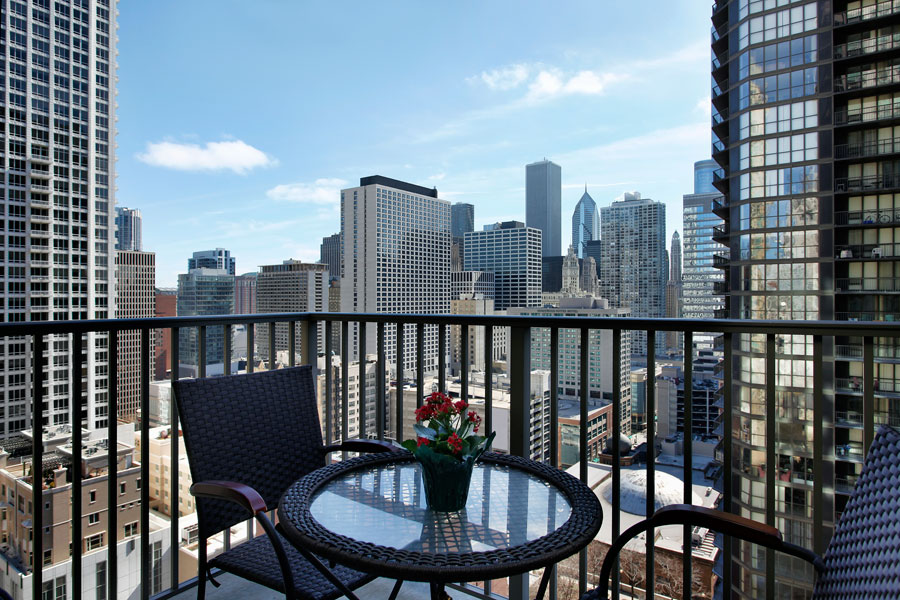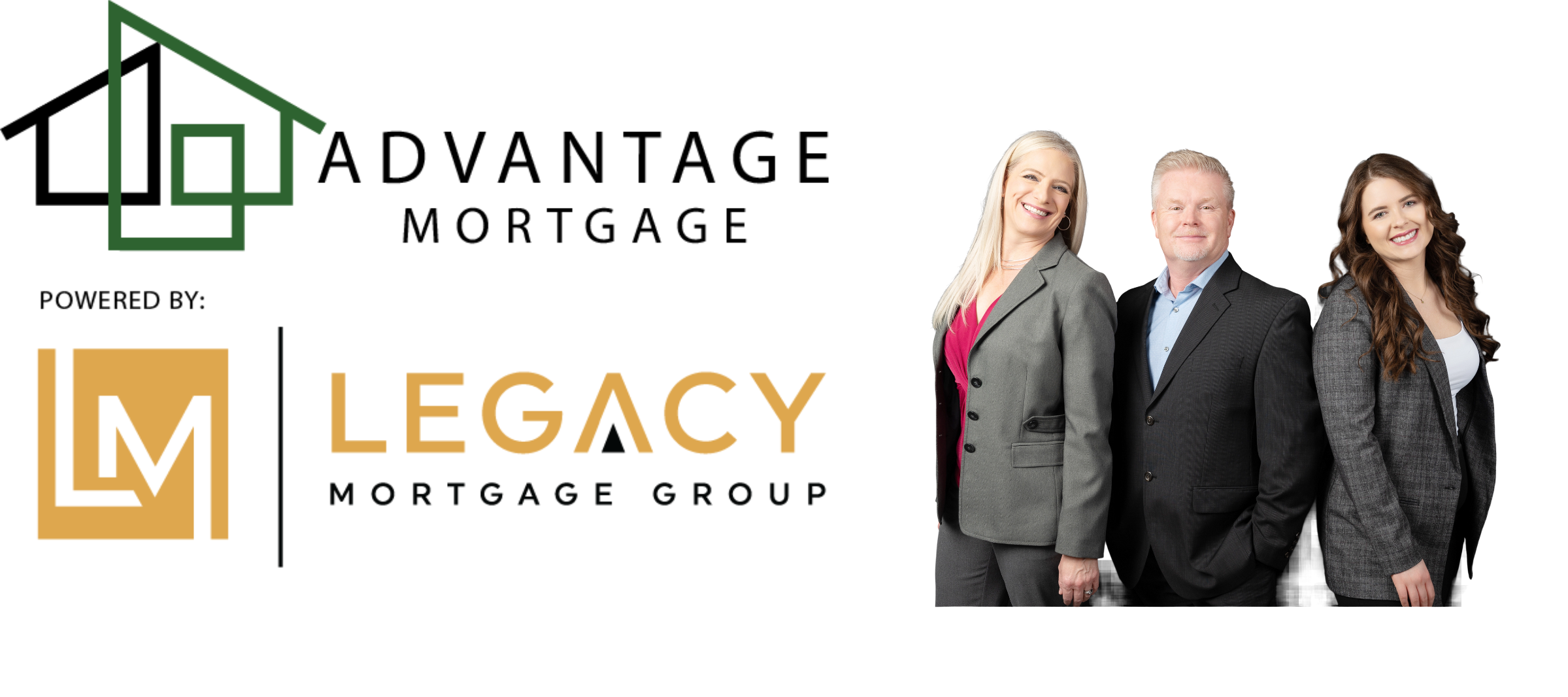There are many different property types to choose from, including first homes, secondary homes, condos, cottages and rural homesteads. Are these all treated the same by lenders? Are different criteria emphasized with different properties?
Is rental property treated the same as an owner-occupied home? Are there different rules for 3 season and 4 season homes? We will answer all of these property type questions and more, so you know what to expect when applying for a mortgage.
Traditional Family Home
 The Canadian government has placed a great deal of emphasis on traditional properties, such as the owner-occupied first home in the city. Its primary goal has been to optimize the number of homeowners, who can afford the standard down payment of 20% on their property.
The Canadian government has placed a great deal of emphasis on traditional properties, such as the owner-occupied first home in the city. Its primary goal has been to optimize the number of homeowners, who can afford the standard down payment of 20% on their property.
You can, of course, purchase a home with as little as 5% down with insurance.
Of course, Canada has a very diverse population with many who might like a different type of property. Unfortunately, public lenders might deem these different property types as “exotic.” Amazingly, the list for these non-traditional types of properties is quite extensive, including but not limited to secondary homes, vacation homes, condos, rentals and rural homesteads.
Fortunately, private, non-traditional lenders such as Advantage Mortgage have more latitude in providing loans for “exotic” properties. We have multiple brokers, some of whom have a great deal of experience with these special properties. Our mortgage brokers are more likely to finance these non-traditional properties.
Canadian Property Types
You will find that there is a great deal of variance concerning what different brokers will or won’t finance. Private lenders that work with Advantage Mortgage have more leeway in establishing their own mortgage terms and conditions.
Let’s discuss what you can expect with non-traditional property financing.
Rental Property
Some brokers will not finance rentals. All rentals now in Canada require a minimum of 20% downpayment.
Second Home
What should be expected when applying for a mortgage on a second home? It depends on whether it is a 3 season or 4 season home. Some mortgage brokers will not finance a 3 season or 4 season home.
3-Season Home
During the summer, it can be very relaxing going out to your country cottage by the lake. You can get some fishing in and spend quality time with the family. Buying a holiday home is a sign that “you have made it” for some.
Under mortgage guidelines, the 3 season property does not have heating and insulation for the winter. It might also lack public roads that are plowed during the winter.
4-Season Home
A 4 season home has adequate heating during the winter. It is more likely to receive funding from the majority of brokers. Downpayment requirements vary from 5% to 20%.
Vacation Property
Mortgage brokers might try to figure out whether your home can be classified as a vacation home or holiday cottage. They might wonder if you are renting the property out when you are not using it.
Condos
Some brokers specialize in condos. Others will not finance very small dwellings but will make an exception for small condos in large cities.
A private lender can consider property value, along with your income qualifications. For example, when you buy a condo, some might have limited acceptable Loan to Value ratios based on valuation, market and size.
Brokers might not finance condos with insufficient Reserve Funds or Special Assessments. They might not fund condo conversion buildings either.
Large Acreage
For most mortgage brokers, a traditional residential property is considered to be less than 5 acres. Some might believe that larger property sizes will be used for agriculture or commercial purposes. Residential financing is different than agriculture or commercial financing.
Where You Live
Some mortgage brokers prefer to only finance property in certain areas, like major cities. They might permit a range of financing based on proximity to a major population area.
Rural Acreages
Unfortunately, rural properties might have a number of characteristics that are questioned by potential lenders. They can provide residential loans, but don’t want to invest in agriculture or commercial properties. Three primary concerns with rural properties are as follows:
- Acreage
- Out Buildings
- Water & Sewage
- Marketability
Different brokers have different rules regarding rural acreage mortgages.
Acreage
Some brokers only finance plots of land that are smaller than 5 acres.
Outbuildings
Generally, outbuildings are not included in mortgages. Outbuildings might include sheds, barns or quonset huts. Most lenders consider outbuildings to be a fixture of a farm.
Water & Sewage
If your home is far from the city, it might not be connected to the municipal sewer system. You might need to dig your own septic tank. You also might need to dig your own water well. Both must pass government standards.
Private Sales
Family members might want to transfer property to one another via private sales. Some brokers will not finance these family-to-family real estate transactions.
Other Land Types Excluded
Some brokers will not offer a new mortgage on land that has been under foreclosure proceedings. Remediated Grow Ops might also be turned down for financing. Another type of property that might be rejected by some brokers is a Manufactured Home with age or foundation factors.
Mortgage Brokers Vary Greatly
Unfortunately, some public lenders only have expertise in one property type. Once you go beyond the owner-occupied, 4 season, first home, these traditional lenders consider your property to be “exotic.” That is too bad because you might want to live on a different property type. We, at Advantage Mortgage, believe you can live wherever you want.
If you have been very successful, you probably can afford a holiday cottage. Rentals can be a great source of investment income. Condos are a growing sector of Canadian housing.
We have multiple lenders, who finance a wide range of these different property types. It is difficult to list all of their criteria because it all depends on each broker’s risk tolerance and experience. Leduc brokers will try to find suitable terms and conditions based on the property and buyer characteristics.
That is why some people choose Advantage Mortgage – we have direct access to numerous mortgage lenders who have different specialties. Some will handle certain properties, but not others. Some lenders will handle certain areas, but not others.
Life is better when you have more options. At, Advantage Mortgage we give you a wide variety of financing options so that you can get the most out of life. If you want to purchase a special property, then let Advantage Mortgage provide you with the best financing options for your unique needs.
